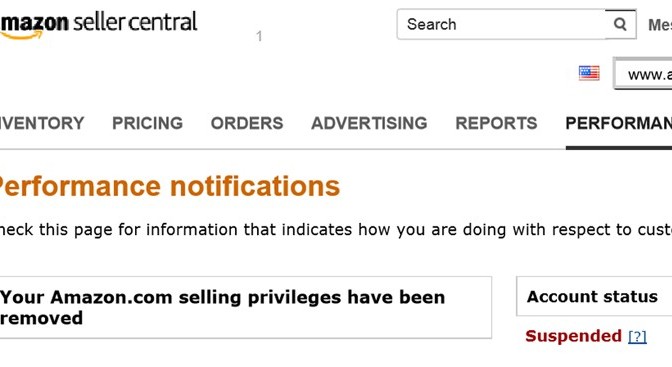
Multiple seller accounts are prohibited by Amazon’s selling policies. If you have a legitimate business reason, you can open a second account, but it must be kept separate.
The Correct Way to Open Multiple Amazon Seller Accounts
To open a second Amazon seller account, you must have a legitimate business reason. Whether or not the reason you give is legitimate is up to Amazon in its own discretion. If you have a legitimate business reason for a multiple seller account, then you must also follow these strict parameters:
- You must have a separate bank account for each Seller Central account. Amazon will not approve multiple seller accounts that use the same bank account within the same region. If you sell across regions (for example in North America and Europe), you may use the same bank account for your Seller Central accounts as long as your accounts are linked though Amazon Global Selling.
- Each account must have a separate email address.
- The products and services sold in each account must be different.
- Your Performance Metrics and your account must be in good standing.
Once you are ready:
- Go to Contact us and open a case (to state your case).
- Click Selling on Amazon, then select Your account, and then select Other account issues.
If you are refused, don’t despair, that is where the services of a good Amazon lawyer comes in. In fact, it is probably a good idea not to even try it without the assistance of an Amazon attorney.
Opening Multiple Amazon Seller Accounts Without Approval
This is not recommended. If Amazon catches you, they will suspend both of your accounts and reinstatement is extremely difficult. However, if you choose to take the risk (which is not a good choice), make sure you do absolutely everything on this list. Amazon’s artificial intelligence is getting very good at matching data to make a determination that an account may be related. Even if you use your mobile phone at the wrong business location, it could spell doom for both of your accounts.
- IP addresses
- Computers
- Telephones
- Points of contact
- Management
- Employees
- Tax ID numbers
- Entities
- Domains and hosting companies
- telephone numbers
- Email addresses
- Physical locations
- Warehouse addresses
- Product spreadsheets
- Branding
- Product lines
There must be no crossover of management or employees between the two accounts.
This is why we suggest entirely separate staffs and separate locations for each of your companies. There should be zero crossover.
This includes you. Do not be the point of contact for both businesses; hire someone you trust to be the POC for your other company. You must keep spotless metrics, so as not to put either account into review or jeopardy. This means that solid business practices must be put into place to make sure your customer service, inventory intake and maintenance, packing and shipping runs seamlessly and you do not collect complaints. Amazon is 100% customer satisfaction oriented and will not hesitate to give both of your accounts the axe if they don’t think you are providing a good buying experience for their customers.
What if You Get Caught?
If you get caught, don’t try to appeal the suspension yourself. Call an expert. Only about 50% of these cases succeed, so it is important to give Amazon a solid plan of action. Don’t trust a template or a non-attorney. Call a qualified Amazon seller attorney.






You must be logged in to post a comment.